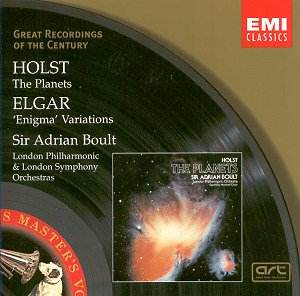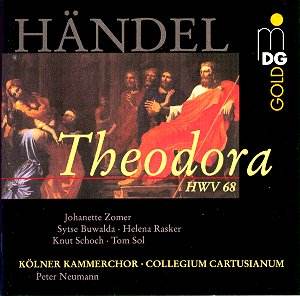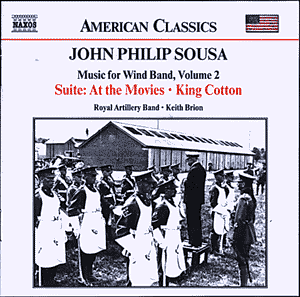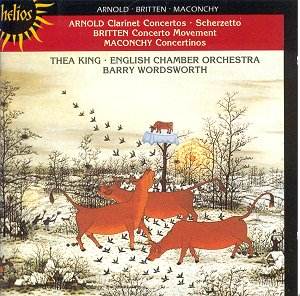 Composer: Gustav Holst
Composer: Gustav Holst
Works: The Planets, op. 32; Edward Elgar: Variations on an Original Theme (‘Enigma’), op. 36
Performers: London Symphony Orchestra, London Philharmonic Orchestra, Geoffrey Mitchell Choir
Recording: August 1970, Kingsway Hall, London (Elgar); May to July 1978, Kingsway Hall and Abbey Road Studio 1, London (Holst)
Label: EMI
The return of these recordings to the catalogue is a welcome event, particularly given their historical significance and the enduring popularity of the works. Holst’s The Planets and Elgar’s Enigma Variations are staples of the orchestral repertoire, and the chance to revisit these performances under the baton of Sir Adrian Boult—a conductor intimately connected with both composers—offers a fascinating glimpse into the interpretative choices that shaped the early 1970s soundscape.
Boult’s interpretation of The Planets stands out as a remarkable achievement. Having conducted both the private and public premieres of the suite, his familiarity with the score is palpable. The recording exudes a sense of authority and emotional depth that is rarely matched. Boult’s Mars, the Bringer of War is particularly striking, characterized by a relentless drive that captures the militaristic fervor of the piece. The orchestral balance, while occasionally faltering in the brass sections, ultimately showcases the sheer power of the music. The climactic moments are delivered with a visceral intensity, making the opening movement a standout.
Notably, the subsequent movements display Boult’s deft touch with contrasting emotions. Venus, the Bringer of Peace is imbued with a serene beauty that feels expansive and transcendent. Here, the strings deliver a lush, warm sound, complemented by a refined woodwind section that conveys the movement’s tranquil essence. This contrasts sharply with the frenetic energy of Mercury, which, despite some minor untidiness in the woodwinds, is executed with an exhilarating pace that propels the listener forward. Boult’s Jupiter unfolds with a sense of grandeur, the slower opening ultimately giving way to the jubilant middle section, which retains a buoyant good humor without tipping into pomposity.
The recording’s engineering merits praise as well. The sound quality captures the rich textures of the orchestration with remarkable clarity. Particularly impressive is the high C in the trumpet at the conclusion of Jupiter, which rings out with an exhilarating brilliance. The eerie off-stage contributions of the Geoffrey Mitchell Choir in Neptune are equally well captured, lending an otherworldly quality to the closing moments of the suite. The organ glissando in Uranus—often buried in other recordings—emerges here with clarity, emphasizing Boult’s meticulous attention to detail.
In contrast, the Enigma Variations does not quite reach the same heights. While the performance is competent and features some exquisite playing, particularly in the lighter variations, the overall interpretation lacks the vigor found in The Planets. The theme itself feels sluggish, and Boult’s pacing in the Finale leaves a sense of incompleteness. The balance, notably in Variation 2, where fast passages should pass seamlessly between violins, suffers from a lack of precision that detracts from the overall impact. Despite these shortcomings, the performance remains engaging and showcases Boult’s characteristic ability to illuminate Elgar’s intricate textures.
These recordings encapsulate a pivotal moment in the history of British music performance, where Boult’s interpretations offer a bridge between the past and the emerging modern orchestral sound. The Planets recording stands as a landmark, with Boult’s deep understanding of Holst’s intentions illuminating the score with both power and grace. While the Enigma Variations may not achieve the same level of excellence, it is still a worthy addition to the discography, making this release an essential acquisition for both collectors and newcomers to these masterpieces.



